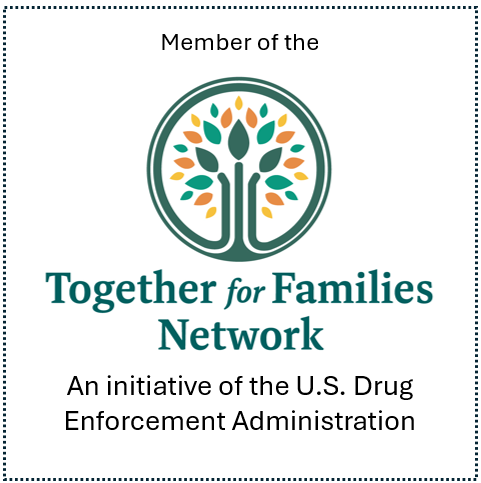Resilience During Trying Times
Ask the Experts | Frank Wilberding
I’m worried about how my kids are dealing with our current situation; being isolated from their friends, their teachers, etc. How can I make sure they are able to process the changes and move on in a healthy way when life returns to “normal”?
A: The way that life has been upended and the uncertainty of it all can disrupt efforts and progress that parents and teachers have made to help foster resiliency in our children. While many/most of us are feeling unsure and unsettled, there are things we can focus on that will help.
During World War II, a mental health study reported on the differences between children who had stayed with their parents during the bombing of London compared to those children who had been sent to safety outside London.
The findings were surprising. Despite the physical dangers, the children who stayed with parents displayed significantly less anxiety, depression, and mood disorders than those who stayed with relatives and friends in a safer environment.
Resilience can only be built through exposure to and navigation of challenges that cause us to adapt — always with the help of others.
With children, despite today’s scary and unpredictable environment, the most important thing is to meet them where they are, giving them a voice to express their fears and concerns without judgment. As they feel emotionally safe to express themselves, they experience a connection to their parents and siblings that enhances their sense of identity within the larger family entity. Over time, this can lead to a culture of family resilience.
The idea of emotional safety supersedes the idea of physical safety in conferring resilience to children. As they feel emotionally safe, children can begin to model their response to challenging environments in attunement with their families.
One helpful tool comes from PositivePsychology.com and Professor Helen McGrath’s Bounce Back! Program. Bounce Back! is an acronym for some of the foundational principles of resilience:
B – Bad times don’t last, and things get better.
O – Other people can only help if you share with them.
U – Unhelpful thinking only makes you feel worse.
N – Nobody is perfect – not you, not your friends, not your family, not anybody!
C – Concentrate on the good things in life, no matter how small.
E – Everybody suffers, everybody feels pain and experiences setbacks; they are a normal part of life.
B – Blame fairly – negative events are often a combination of things you did, things others did, and plain bad luck.
A – Accept what you can’t change and try to change what you can.
C – Catastrophizing makes things worse – don’t fall prey to believing the worst interpretation.
K – Keep things in perspective. Even the worst moment is but one moment in life.
Frank Wilberding is a clinical social worker and certified Hazelden trained addiction counselor in Grosse Pointe Park. Frank helps families with substance dependence, relationship dependence, grief and loss, trauma and attachment disorders, co-occurring disorders and more. He can be reached at 312.550.9876 or fdwilberding@gmail.com.






